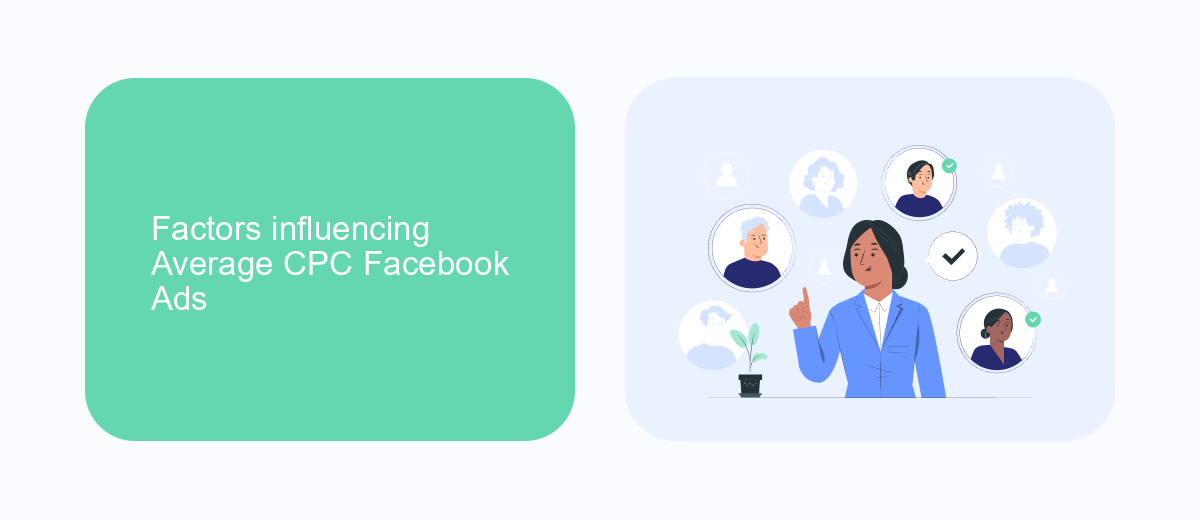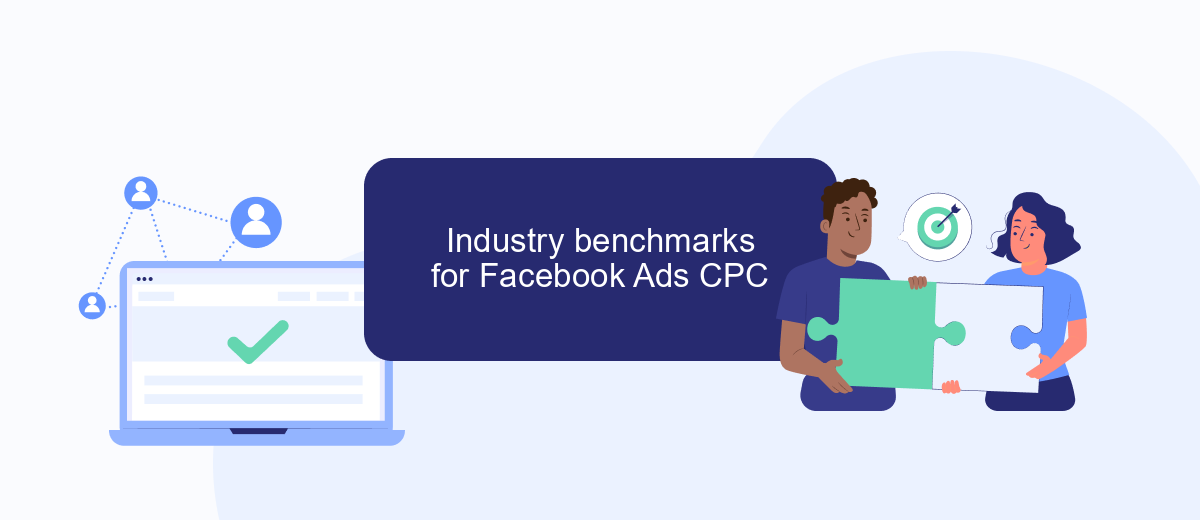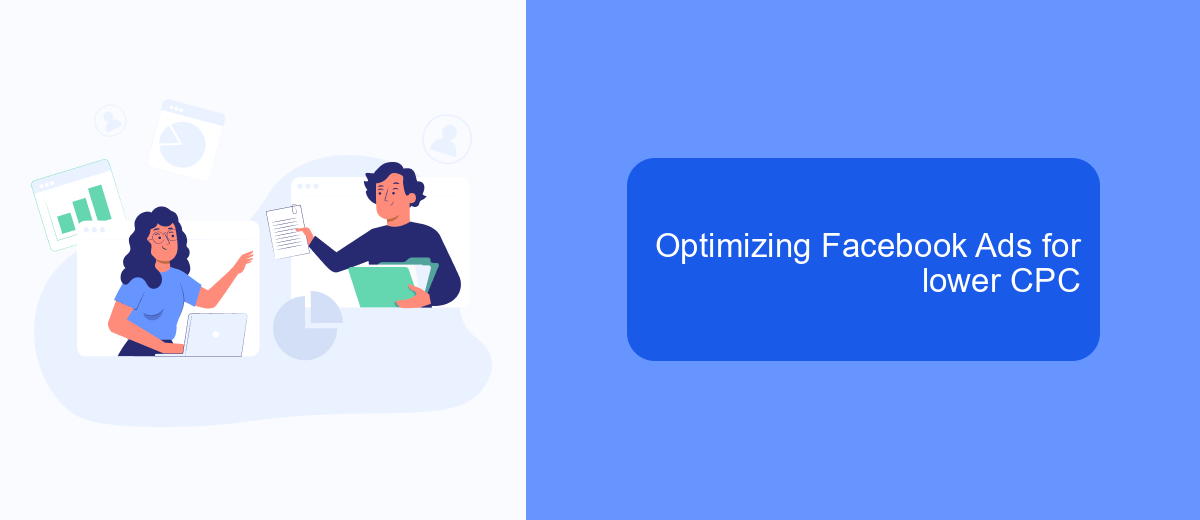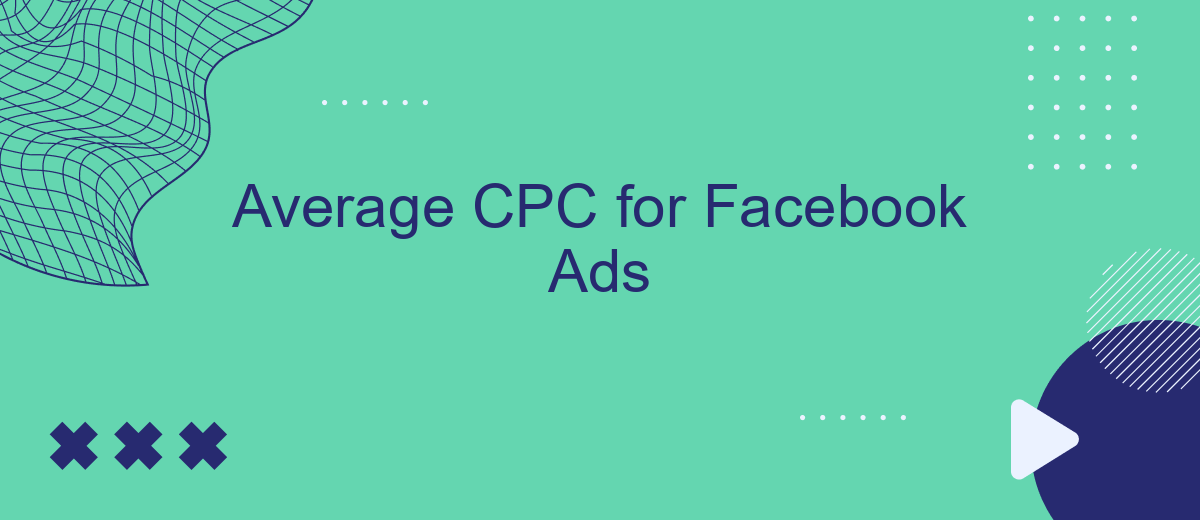In the ever-evolving landscape of digital marketing, understanding the average Cost Per Click (CPC) for Facebook Ads is crucial for businesses aiming to optimize their advertising budgets. With over 2.8 billion monthly active users, Facebook offers unparalleled reach, but the cost of engaging this audience can vary significantly. This article delves into the factors influencing CPC rates and provides insights to help marketers make informed decisions.
Understanding Facebook Ads Average CPC
Average Cost Per Click (CPC) is a critical metric for businesses advertising on Facebook. It represents the average amount advertisers pay for each click on their ad. Understanding this metric helps in budgeting and assessing the effectiveness of ad campaigns. The CPC can vary widely based on several factors, including industry, target audience, and ad placement.
- Industry: Different industries have different competitive landscapes, affecting the CPC.
- Target Audience: The more specific and niche the audience, the higher the potential CPC due to competition.
- Ad Placement: Ads placed in high-traffic areas or premium spots tend to have a higher CPC.
- Ad Quality: High-quality, relevant ads often receive a lower CPC due to better engagement rates.
By analyzing the average CPC, businesses can optimize their ad strategies to maximize return on investment. Adjusting targeting options, improving ad quality, and choosing the right placements can help reduce costs. Regular monitoring and tweaking of campaigns based on CPC insights are essential for effective Facebook advertising. Understanding these dynamics enables advertisers to allocate their budgets more efficiently and achieve better results.
Factors influencing Average CPC Facebook Ads

The Average CPC (Cost Per Click) for Facebook Ads is influenced by a variety of factors that advertisers must consider to optimize their campaigns. One of the primary factors is the target audience. The more specific and competitive the audience, the higher the CPC tends to be. Advertisers targeting niche markets or highly sought-after demographics may encounter elevated costs due to increased competition. Additionally, the ad placement plays a crucial role; ads placed in more visible areas such as Facebook's news feed generally command higher CPCs than those in less prominent positions like the right column.
Another significant factor is the ad quality and relevance. Facebook uses a relevance score to determine how well an ad resonates with its target audience. Ads with higher relevance scores typically enjoy lower CPCs, as they are more likely to engage users effectively. Furthermore, the bidding strategy also impacts CPC; choosing between options like cost cap, bid cap, or lowest cost can alter the price per click. Tools like SaveMyLeads can assist advertisers in streamlining their campaign management, ensuring that integrations and data flows are optimized, potentially reducing costs by improving ad performance and targeting accuracy.
Industry benchmarks for Facebook Ads CPC

Understanding industry benchmarks for Facebook Ads Cost Per Click (CPC) is crucial for advertisers aiming to optimize their campaigns. These benchmarks provide a reference point to evaluate the effectiveness of your advertising efforts compared to industry standards. While the average CPC can vary significantly across different sectors, having a benchmark helps in setting realistic expectations and strategies.
- Retail: Retail businesses generally experience a lower CPC, often ranging between #sml_subkey-2-section-html#.70 and .10, due to high competition and frequent promotions.
- Finance and Insurance: This sector typically sees higher CPCs, often between .00 and .50, as advertisers compete for high-value customers.
- Technology: The tech industry usually has a moderate CPC, averaging around .20 to .80, reflecting the specialized nature of its audience.
- Healthcare: Healthcare advertisers might encounter CPCs ranging from .50 to .50, influenced by strict regulations and targeted demographics.
- Travel and Hospitality: This sector sees variable CPCs, typically between #sml_subkey-2-section-html#.60 and .30, affected by seasonal demand fluctuations.
By comparing your CPC to these industry benchmarks, you can identify areas for improvement and adjust your bidding strategies accordingly. It's important to continuously monitor these metrics, as they can change with market dynamics and Facebook's ad platform updates.
Optimizing Facebook Ads for lower CPC

Optimizing Facebook Ads to achieve a lower Cost Per Click (CPC) is essential for maximizing the return on your advertising investment. By refining your targeting strategies and ad content, you can effectively reduce costs while reaching a more engaged audience. Start by analyzing your current ad performance to identify areas for improvement, such as high CPC rates or low engagement levels.
One of the most effective ways to lower CPC is through precise audience targeting. Utilize Facebook's robust targeting options to reach users who are more likely to engage with your ads. Additionally, consider experimenting with different ad formats and placements to see which combinations yield the best results at the lowest cost.
- Refine your audience by using custom and lookalike audiences.
- Test various ad creatives to determine which ones capture the most attention.
- Optimize bidding strategies by experimenting with manual and automatic bids.
- Utilize A/B testing to compare different ad elements and improve performance.
Consistently monitoring and adjusting your Facebook Ads strategy is key to maintaining a low CPC. Stay informed about platform updates and industry trends to ensure your campaigns remain competitive. By implementing these strategies, you can enhance ad efficiency and achieve better results for your advertising budget.


SaveMyLeads for Facebook Ads CPC tracking
Tracking the Cost Per Click (CPC) for Facebook Ads can be a complex task, but with the right tools, it becomes much more manageable. SaveMyLeads offers an efficient solution for marketers looking to monitor and optimize their Facebook Ads campaigns. By automating the data flow between Facebook Ads and your preferred analytics or CRM platforms, SaveMyLeads ensures you have real-time access to CPC metrics and other essential data. This seamless integration allows you to make informed decisions quickly, enhancing your advertising strategy and maximizing ROI.
With SaveMyLeads, you can set up integrations without any coding knowledge, making it accessible for businesses of all sizes. The platform supports a wide range of applications, providing flexibility and customization to suit your specific needs. By automating the data transfer process, SaveMyLeads not only saves time but also reduces the risk of manual errors. This ensures that your CPC tracking is accurate and up-to-date, allowing you to focus on optimizing your ad spend and achieving better results from your Facebook Ads campaigns.
FAQ
What is the average CPC for Facebook Ads in 2023?
How can I reduce my CPC on Facebook Ads?
Why does CPC vary between industries on Facebook?
How does ad placement affect CPC on Facebook?
Can automation help in managing CPC for Facebook Ads?
You probably know that the speed of leads processing directly affects the conversion and customer loyalty. Do you want to receive real-time information about new orders from Facebook and Instagram in order to respond to them as quickly as possible? Use the SaveMyLeads online connector. Link your Facebook advertising account to the messenger so that employees receive notifications about new leads. Create an integration with the SMS service so that a welcome message is sent to each new customer. Adding leads to a CRM system, contacts to mailing lists, tasks to project management programs – all this and much more can be automated using SaveMyLeads. Set up integrations, get rid of routine operations and focus on the really important tasks.
